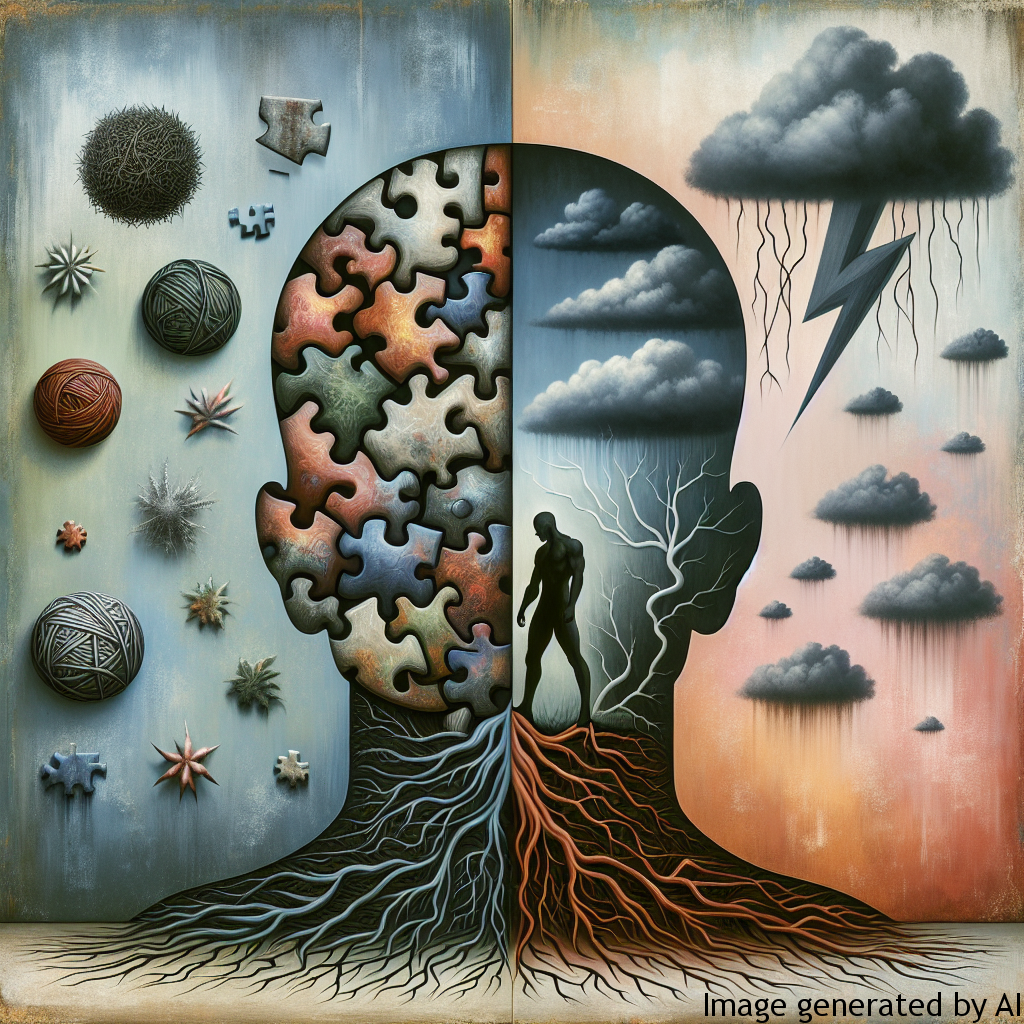Psychological Aspects of Male Aggression
Introduction
Aggression in individuals is often a complex issue to address as it entails both biological and psychological components. One aspect of aggression that is particularly important to consider is its prevalence among different genders. It has been widely observed that men tend to exhibit higher levels of aggression compared to women. This article will explore the psychological aspects of male aggression, focusing particularly on how traditional gender expectations impact this behavior, and providing advice on improving psychological health whilst navigating these societal norms.
Gender Expectations and Their Impact on Men’s Mental Health
Society often holds certain expectations on the roles and behaviors acceptable for males, leading to pressures that can significantly impact their psychological health.
Traditional Masculinity
Traditional masculinity promotes ideals such as strength, assertiveness, independence, and emotional stoicism. While there is nothing inherently wrong with these traits, the unyielding expectation for men to conform to this standard can be exceedingly damaging. Men often feel compelled to hide emotions, express dominance, and resort to aggression as a means of “proving” their masculinity, creating an environment where aggression is normalized.
The Effect of Social Pressure
The pressure to confirm to these standards can lead to psychological distress. Men, often inhibited from expressing their emotional state openly, may resort to aggressiveness as an ineffective coping mechanism. This can lead to a vicious cycle where they feel trapped in these behavioral patterns, further aggravating mental health conditions such as depression and anxiety.
Examples of Gender Roles Impacting Men’s Lives
There are vivid examples of the substantial influence of gender roles in men’s lives. For instance, boys as young as primary school age may experience “gender policing”, being reprimanded for crying or showing fear. This encourages them from a young age to suppress their emotions rather than express them healthily.
Workplaces also often encourage competitiveness and assertiveness, acting as a breeding ground for aggressive behavior in males. Men may also face stigma for seeking help for mental health issues, further emphasizing the ill-conceived notion that vulnerability and seeking help are unmanly.
Tips for Improving Psychological Health Considering Gender Roles
Challenging these deep-rooted societal norms can be an overwhelming journey. However, change can begin with individual actions.
Firstly, promoting emotional awareness and open communication can help challenge the concept that men have to suppress their emotions. Teaching boys from a young age to understand and express their feelings in a healthy way is a powerful way to counteract this stereotype.
Additionally, fostering environments where it’s acceptable for men to seek help when feeling mentally unwell is essential. Encouraging men to engage in self-care and seek professional support, if necessary, can be highly beneficial in improving their overall psychological health.
Conclusion
In conclusion, the presence of male aggression cannot just be described by biological aspects but is also heavily influenced by societal pressures and expectations rooted in traditional gender roles. It is essential, therefore, to address this issue from a dual lens- acknowledging the inherent societal structures leading to such attitudes while encouraging individuals to break these pervasive norms through emotional expression and healthy outlets. This not only helps improve individual mental health but also contributes to a healthier, more inclusive society.

